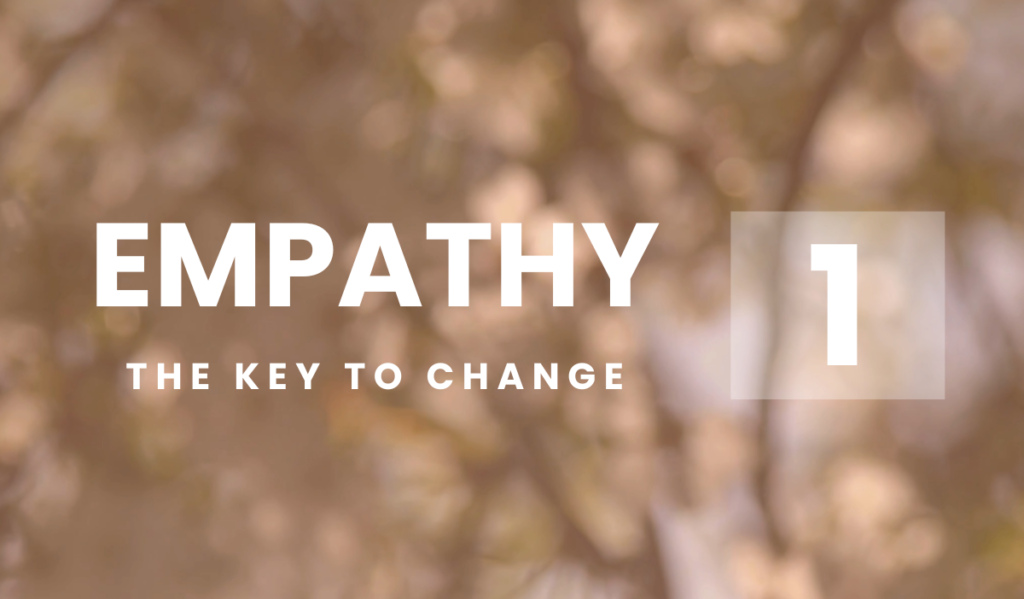In a world full of diversity and social challenges, empathy is becoming one of the most important values. In the series “Empathy as the Key to Change,” we will take a closer look at how empathy shapes our personal and professional lives, as well as its impact on society and business.
Let’s start with the basics – what exactly is empathy?
Empathy is the ability to step into someone else’s experience, to feel their emotions, and to see the world from their perspective. Unlike sympathy, which implies a certain distance, empathy requires us to symbolically step into another person’s shoes. However, this doesn’t mean losing our own identity—we remain ourselves while opening up to someone else’s reality. This allows us not only to better understand others but also to respond more effectively to their needs, ultimately contributing to real change.
The Five Elements of Empathy
Empathy is not a single trait—it consists of five key elements that help us develop it in a complete way:
- Cognitive empathy – The ability to understand another person’s thoughts, beliefs, and what drives their actions.
- Affective empathy – The ability to feel what another person is feeling, whether it’s joy, sadness, or frustration.
- Compassionate empathy – Going a step further—acting upon our understanding and emotions to offer real support.
- Self-other differentiation – Maintaining a healthy balance by recognizing that another person’s emotions belong to them, not to us. This allows us to offer support without taking on their emotional burden.
- Empathy without projection – True empathy means setting aside our own experiences so we can see the world through another person’s eyes, rather than through our own perspective.
Why is it worth practicing empathy?
Empathy is not just a personal value—it’s a driving force for social change. Today’s business world increasingly recognizes its role in building strong teams, fostering inclusive workplace cultures, and strengthening relationships with customers and local communities.
History is full of examples of how empathy has driven transformation. Harriet Beecher Stowe, moved by the suffering of enslaved people, wrote Uncle Tom’s Cabin, a book that sparked a powerful social movement against slavery in the 19th century. In today’s world, empathy fuels innovation in corporate responsibility, driving positive changes in workplaces and society.
What’s next?
In the upcoming articles, we will explore empathy in different contexts—from human relationships and empathetic leadership to its role in sustainable business strategies. We will also discuss the challenges of practicing empathy and highlight inspiring examples of individuals and organizations that make it a key part of their mission.
Join us in this new series and discover how empathy can make a real difference!

